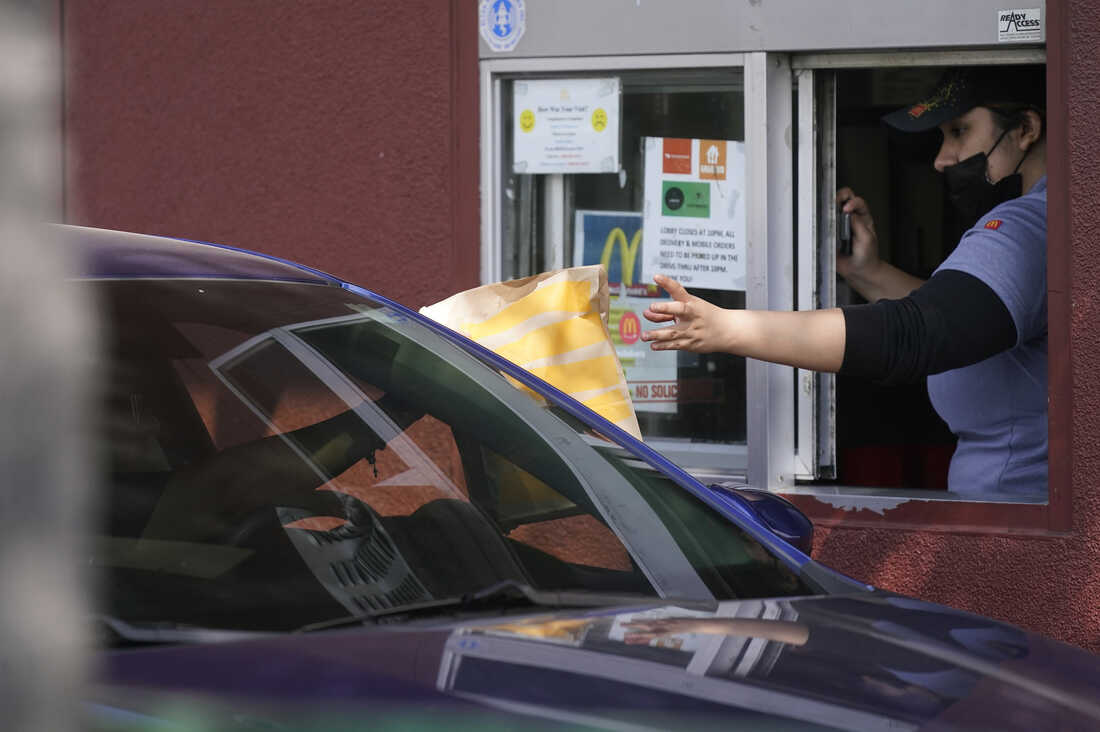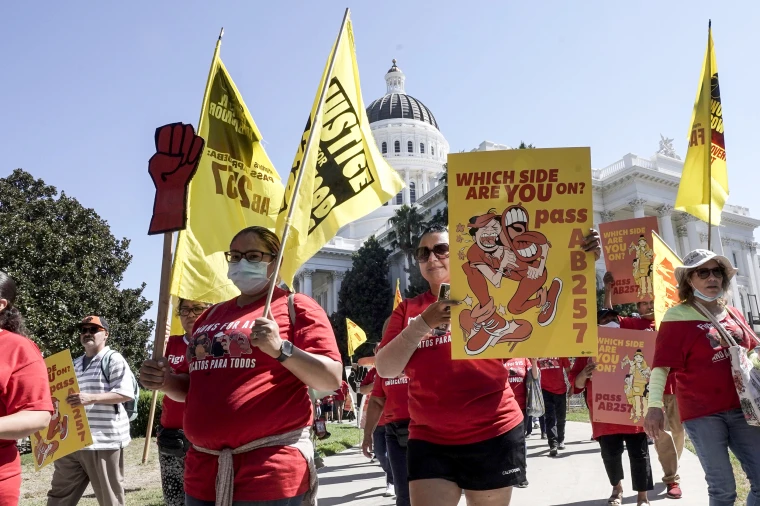California Fast Food Workers Adjust to $20 Hourly Wage Increase, Prompting Staffing Changes
Impact of California’s $20 Hourly Wage on Fast Food Industry: Job Growth Amidst Operational Adjustments
Fast food workers in California now earn $20 per hour following a recent law that raised their wages from $16 an hour starting April 1, according to the published article of INDEPENDENT. This change has prompted franchise owners such as Lawrence Cheng who manages seven Wendy’s locations near Los Angeles to reduce their staffing levels. Previously scheduling nearly twelve employees per shift Cheng now only schedules seven. To fill the gaps he personally works extra hours hoping that the upcoming busy summer season will help cover the increased labor costs. Despite concerns about possible job losses and closures California’s fast food industry has seen growth. In the first two months after the wage hike the industry added 8,000 jobs compared to the same period last year, according to the U.S. Bureau of Labor Statistics. Joseph Bryant from the Service Employees International Union mentioned that higher wages are attracting better job applicants and lowering turnover. However, some franchise owners like Juancarlos Chacon of Jersey Mike’s have raised prices and reduced hours to manage their expenses. Chacon who oversees nine stores in Los Angeles has noticed customers scaling back on extras like drinks and desserts due to the higher prices.
Governor Gavin Newsom defended the wage increase stating it was necessary to provide a living wage for the state’s fast food workers who are mostly women working multiple jobs to make ends meet. Workers like Julieta Garcia and Howard Lewis have seen positive changes. Garcia now works five days a week instead of six allowing her more time with her son while Lewis is using his extra earnings to invest in stocks and help his ex-wife. However, franchisees are concerned about long-term sustainability facing rising rents and food costs leading some to predict a divide between large corporations and smaller chains struggling to survive.
READ ALSO: NYC Food Insecurity: SNAP and Summer EBT Programs Aim to Aid 1.8 Million Residents

Franchise Responses to California’s $20 Hourly Wage: Price Increases and Staffing Reductions
Furthermore, the wage increase in California’s fast food industry has sparked ongoing debate and concern among franchise owners and industry experts alike. While the state aims to support its fast food workers with a living wage many businesses are grappling with the immediate financial impacts. Lawrence Cheng and other franchise operators have responded by reducing staffing and increasing their own hours to manage rising labor costs. Despite initial job growth in the industry following the wage hike there are fears about the long-term implications including potential closures and job cuts. Experts like Aaron Allen CEO of a restaurant consulting firm predict a widening gap between large corporations capable of investing in automation and smaller regional chains struggling with increased operational expenses. Franchise owners such as Juancarlos Chacon of Jersey Mike’s have already implemented price hikes and reduced staffing to cope with the higher wage mandate.
READ ALSO: SSI Payments to Increase: Boosting Support for People with Disabilities in August
